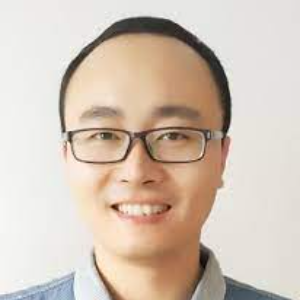Title : Light scattering of a single nanoparticle controlled by wavefront shaping
Abstract:
Light scattering by nanoparticles including Mie scattering.is an interesting topic both fundamentally and practically, while the control of the nanoparticle scattering is key for many applications such as controlled light-matter interaction at the nanoscale. In this talk, I will present our theoretical and numerical results of manipulating nanoparticle scattering by wavefront shaping. Although wavefront shaping was initially developed to control light scattering through opaque random media with a large number of scattering nanoparticles, I will show that wavefront shaping is also available for controlling light scattering of a single nanoparticle. I will discuss the strongly scattering eigenchannels hosted by the nanoparticle by analyzing the backscattering matrix of the nanoparticle, which offers the possibility to control light scattering of nanoparticles by individually addressing these eigenchannels through wavefront shaping. Besides, I will show that these scattering eigenchannels are related to different resonant leaky modes of the nanoparticle. Moreover, by analyzing the spectral correlation of these highly scattering eigenchannels, both the short range and the long range correlations exist. These results indicate that wavefront shaping is an efficient method to control light scattering and light-matter interactions with nanoparticles and relevant applications.
Audience Take Away:
• Wavefront shaping is an efficient tool for controlling light scattering by nanoparticles.
• A single nanoparticle hosts multiple strongly scattering eigenchannels.
• The strongly scattering eigenchannels are related to the resonant leaky modes of a single nanoparticle.


